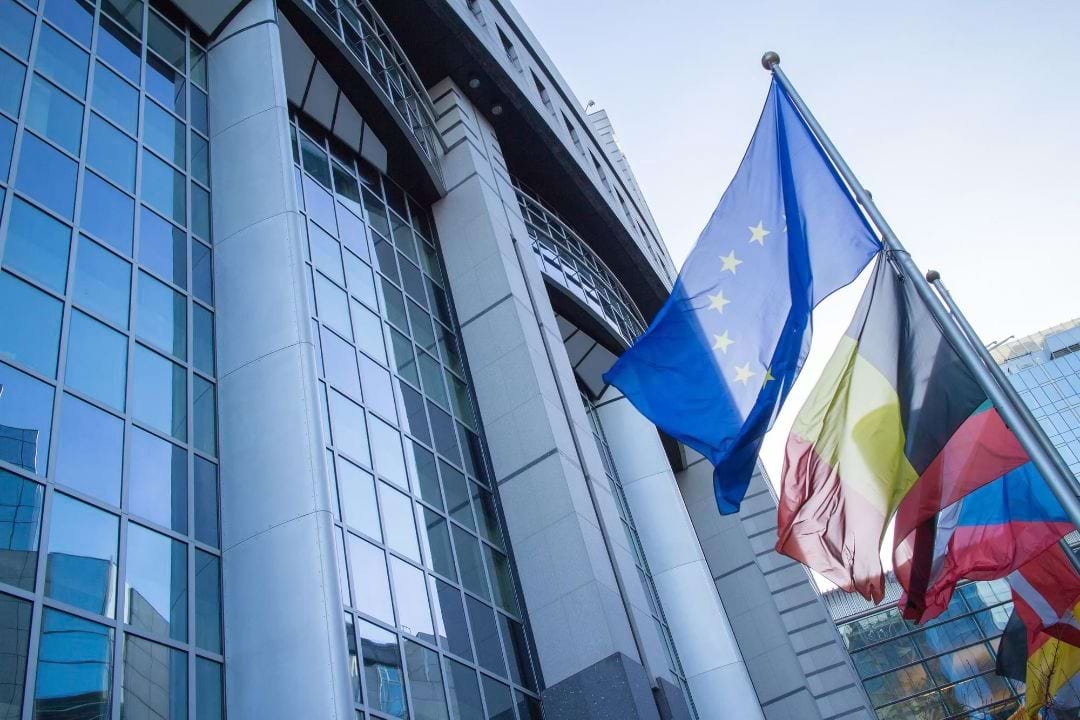According to EU Helpers, the new adjustments will go into force on October 5 and remain in effect through October 14.
Authorities in Slovakia are coping with a surge in migrants using Slovakia as a transit point to other EU nations.
In Slovakia, authorities have apprehended 24,500 unauthorized immigrants in the first eight months of this year, compared to the previous year's few hundred detentions by the police.
Austria, Czech Republic, and Poland recently established border restrictions with Slovakia. Gerhard Karner, Austria's interior minister, reaffirmed this choice.
The Slovene Prime Minister Ludovit Odor, however, criticized the action and emphasized the necessity for a European-wide solution to the immigration situation.
Authorities in Germany announced that they will boost the number of police patrols along smuggling routes on the border with Poland and Czechia in order to stop an inflow of migrants in response to the rising number of migrants.
Interior Minister Nancy Faeser endorsed the new policies. Following police raids in Germany that uncovered more than 100 Syrian citizens inside apartments combed in connection with a smuggling operation, such a decision was made.
Through a post on his X account, formerly known as Twitter, German Finance Minister Christian Linder stated that his ministry will support the recruitment of more customs officers to the border patrol.
According to statistics from the Interior Ministry, Slovakia has seen a total of 39.688 migrants since the start of this year, which accounts for a rise in foreigners in detention of 15,611 when compared to statistics from 2022.
Balkan Insight said that Slovakia's police force is lacking roughly 2,000 officers despite the border being four times longer than the Hungarian-Serbian border.

